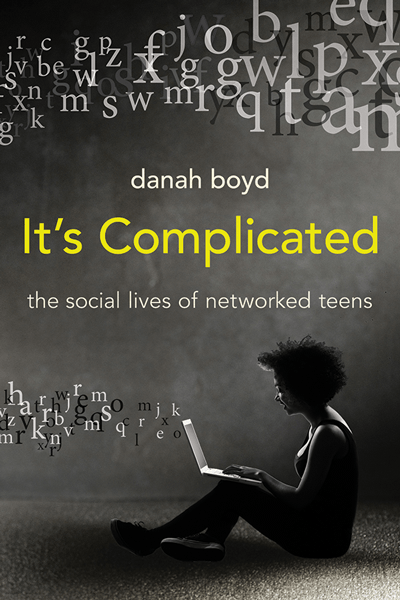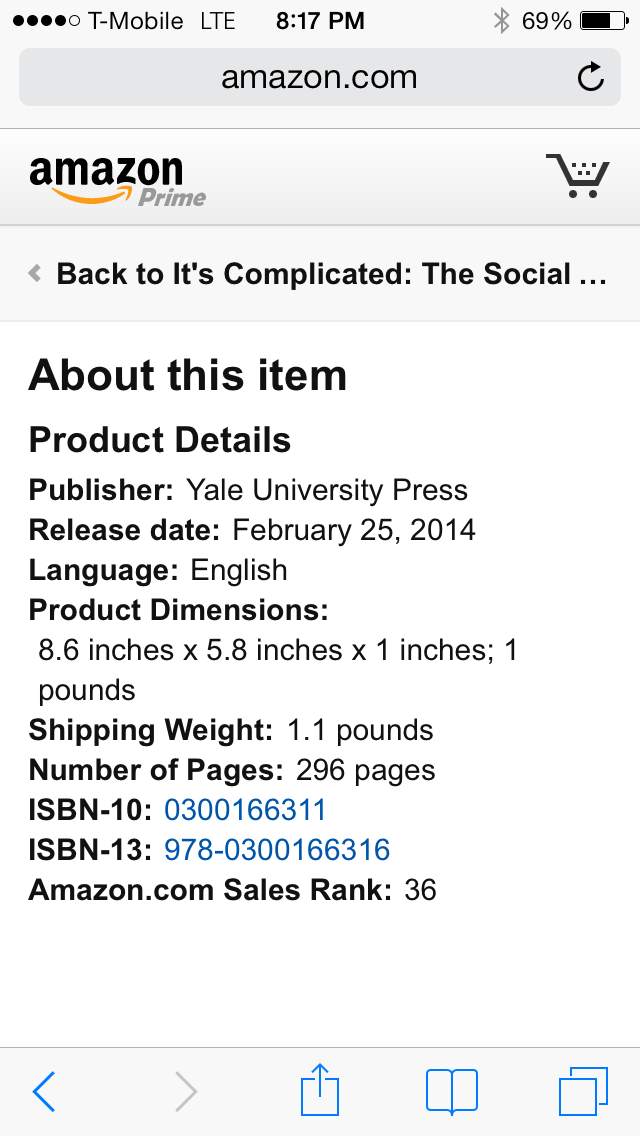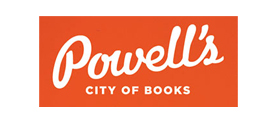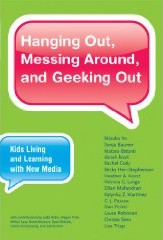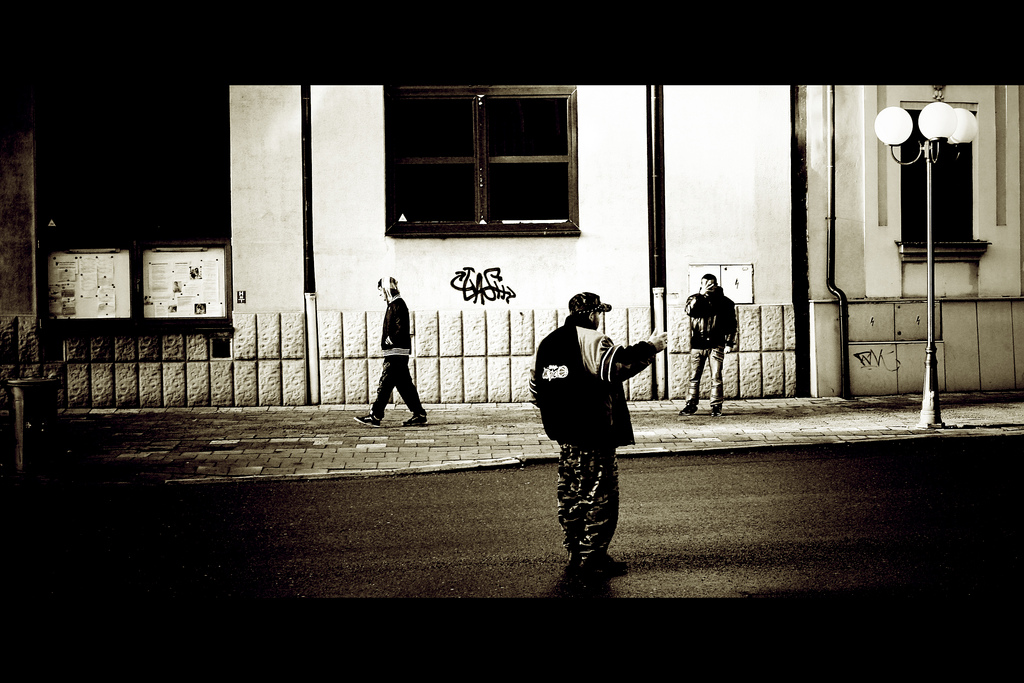
Growing up in Lancaster, Pennsylvania in the 80s and 90s, I had a pretty strong sense of fear and hatred for cops. I got to witness corruption and intimidation first hand, and I despised the hypocritical nature of the “PoPo.” As a teen, I worked at Subway. Whenever I had a late shift, I could rely on cops coming by. About half of them were decent. They’d order politely and, as if recognizing the fear in my body, would try to make small talk to suggest that we were on even ground in this context. And they’d actually pay their bills. The other half were a different matter. Especially when they came in in pairs. They’d yell at me, demean me, sexualize me. More importantly, I could depend on the fact that they would not pay for their food and threaten me if I tried to get them to pony up. On the job, I got one free sandwich per shift. If I was lucky, and it was only one cop, I could cover it by not eating dinner. For each additional cop, I would be docked an hour’s pay. There were nights where I had to fork over my entire paycheck.
I had it easy. Around me, I saw much worse. A girl at a neighboring school was gang raped by a group of cops after her arrest for a crime it turned out she didn’t commit but which was committed by a friend of her first cop rapist. Men that I knew got beaten up when they had a run-in. The law wasn’t about justice; it was about power and I knew to stay clear. The funny thing is that I always assumed that this was because “old” people were messed up. And cops were old people. This notion got shattered when I went back for a friend’s high school reunion. Some of his classmates had become police officers and so they decided to do a series of busts that day to provide drugs to the revelers. Much to my horror, some of the very people that I grew up with became corrupt cops. I had to accept that it wasn’t just “old” people; it was “my” people.
I did not grow up poor, although we definitely struggled. We always had food on the table and the rent got paid, but my mother worked two jobs and was always exhausted to the bones. Of course, we were white and living in a nice part of town so I knew my experiences were pretty privileged from the getgo. Most of my close friends who got arrested were arrested for hacking and drug-related offenses. Only those of color were arrested for more serious crimes. I knew straight up that my white, blonde self wasn’t going to be targeted which meant that I just needed to keep my nose clean. But in practice, that meant dumping OD’ed friends off at the steps of the hospital and driving away rather than walking through the front door.
As I aged and began researching teens, my attitude towards law enforcement became more complex. I met police officers who were far more interested in making the world a better place than those who I encountered as a kid. At the same time, I met countless youth whose run-ins were far worse than anything that I ever experienced. I knew that certain aspects of policing were far darker than I got to see first hand, but I didn’t really have the right conceptual frame for understanding what was at play with many of the teens that I met.
And then I read Alice Goffman’s On the Run.
This book has forced to me to really contend with all of my mixed and complicated feelings towards law enforcement, while providing a deeper context for my own fieldwork with teens. More than anything, this book has shed a spotlight on exactly what’s at stake in our racist and classist policing practices. She brilliantly deciphers the cultural logic of black men’s relationship with law enforcement, allowing outsiders to better understand why black communities respond the way they do. In doing so, she challenges most people’s assumptions about policing and inequality in America.
Alice Goffman’s ‘On the Run’
For the better part of her undergraduate and graduate school years, Alice Goffman embedded herself in a poor black neighborhood of Philadelphia, in a community where young men are bound to run into the law and end up jailed. What began as fieldwork for a class paper turned into an undergraduate thesis and then grew into a dissertation which resulted in her first book, published by University of Chicago, called On the Run: Fugitive Life in an American City. This book examines the dynamics of a group of boys — and the people around them — as they encounter law enforcement and become part of the system. She lived alongside them, participated in their community, and bore witness to their experiences. She lived through arrests, raids, and murders. She saw it all and the account she offers doesn’t pull punches.
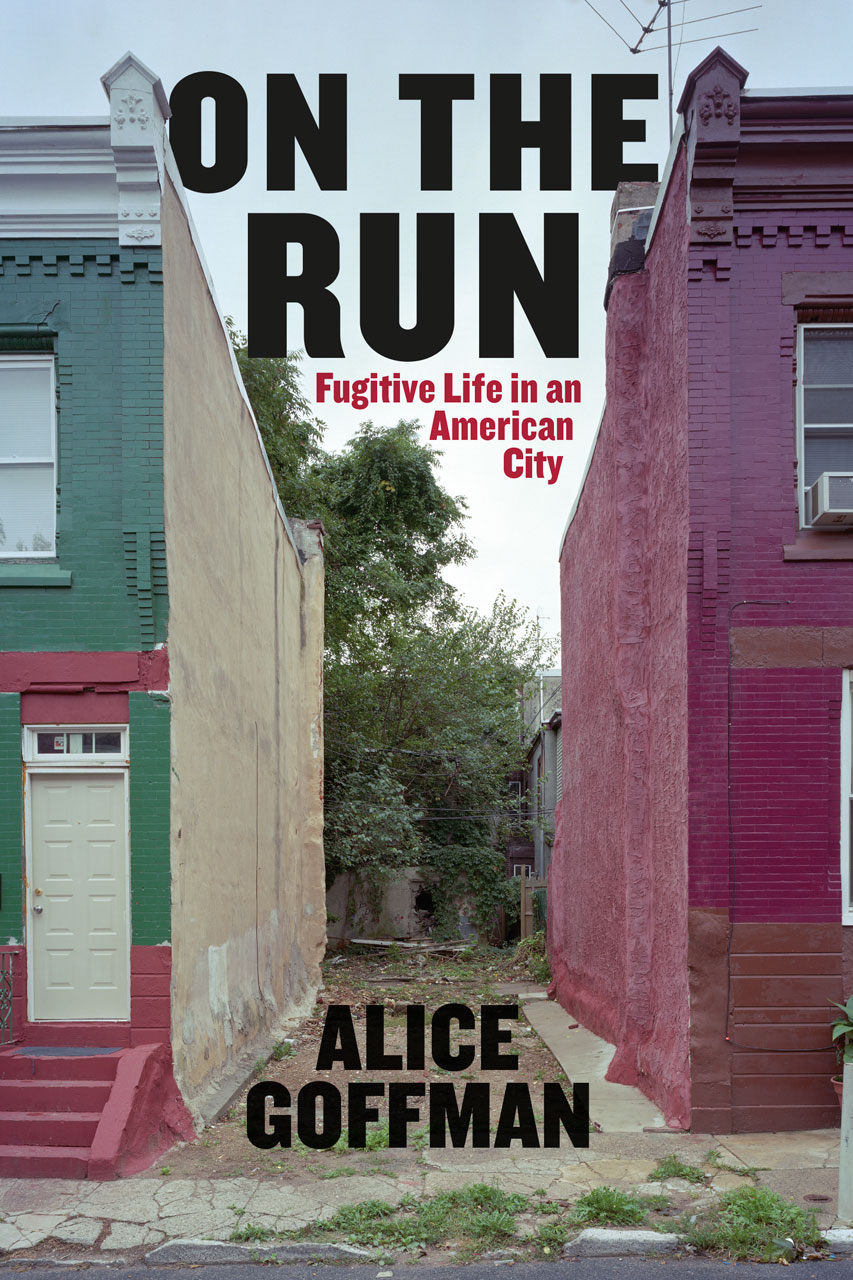 While I’ve seen police intimidation and corruption, the detail with which Goffman documents the practices of policing in the community in which she studied is both eloquent and harrowing. Through her writing, you can see what she saw, offering insight into a dynamic that few privileged people can bear witness. What’s most striking about Goffman’s accounting is the empathy with which she approaches the community. It is a true ethnographic account, in every sense. But, at the same time, it is so accessible and delightful that I want the world to read it.
While I’ve seen police intimidation and corruption, the detail with which Goffman documents the practices of policing in the community in which she studied is both eloquent and harrowing. Through her writing, you can see what she saw, offering insight into a dynamic that few privileged people can bear witness. What’s most striking about Goffman’s accounting is the empathy with which she approaches the community. It is a true ethnographic account, in every sense. But, at the same time, it is so accessible and delightful that I want the world to read it.
Although most Americans realize that black men are overrepresented in US jails, most people don’t realize just how bad it is. As Goffman notes in her prologue, 1 in every 107 people in the adult population is currently in jail while 3% of the adult population is under correctional supervision. Not only are 37% of those in prison black, but 60% of black men who didn’t finish high school will go to prison by their mid-30s. We’ve built a prison-industrial complex and most of our prison reform laws have only made life worse for poor blacks.
The incentive structures around policing are disgusting and, with the onset of predictive policing, getting worse. As Goffman shows, officers have to hit their numbers and they’re free to use many abusive practices to get there. Although some law enforcement officers have a strong moral compass, many have no qualms about asserting their authority in the most vicious and abusive ways imaginable. The fear that they produce in poor communities doesn’t increase lawful behavior; it undermines the very trust in authority that is necessary to a health democracy.
The most eye-opening chapter in Goffman’s book is her accounting of what women experience as they are forced into snitching on the men in their communities. All too often, their houses are raided and they are threatened with violence, arrest, eviction, and the loss of children. Their homes are torn apart, their money is taken, and they are constantly surveilled. Police use phone records to “prove” that their boyfriends are cheating on them or offer up witnesses who suggest that the men in their lives aren’t really looking out for them. While she describes how important loyalty is in these communities, she also details just how law enforcement actively destroys the fabric of these communities through intimidation and force. Under immense pressure, most everyone breaks. It’s a modern day instantiation ofantebellum slavery practices. If you tear apart a community, authority has power.
For all of the abuse and intimidation faced by those targeted by policing practices, it delights me to see the acts of creative resistance that many of Goffman’s informants undertake. Consider, for example, the realities of banking in poor communities. Most poor folks have no access to traditional banks to store their money and keeping cash on them is tricky. Not only might they be robbed by someone in the community, but they can rely on the fact that any police officer who frisks them will take whatever cash is found. So where should they store money for safe keeping?
When you bail someone out of jail and they show up for their court dates, you can get your bail money back. But why not just leave it at the court for safe keeping? You have up to six months to recover it and it’s often safer there than anywhere else. In her analysis, Goffman offers practices like these as well as other innovative ways poor people use the unjust system to their advantage.
Seeing Police Through the Eyes of Teens
Reading Goffman’s book also allowed me to better understand the teens that I encountered through my research. Doing fieldwork with working class and poor youth of color was both the highlight of my study and the hardest to fully grok. I have countless fieldnotes about teens’ recounted problems with cops, their struggles to stay out of trouble, and the violence that they witnessed all around them. I knew the stats. I knew that many of the teens that I met would probably end up in jail, if they hadn’t already had a run-in with the law. But I didn’t really get it.
Perhaps the hardest interview I had was with a young man who had just gotten out of jail and was in a halfway house. When he was a small boy, his mom got sick of his dad and so asked him to rat out his dad when the cops showed up. He obliged and his father was sent to jail. His mom then moved him and his younger brother across the country. By the time he was a teenager, his mom would call the cops on him and his brother whenever she wanted some peace and quiet. He’d eventually ran away and was always looking for a place to stay. His brother made a different decision — he found older white men who would “take care of him.” The teen I met was disgusted by his brother’s activities and thought that these men were gross so one day, he planted drugs on one of the guy’s cars and called the cops on him. And so the cycle continues.
In order to better understand human trafficking, I began talking to commercially exploited youth. Here, I also witnessed some pretty horrible dynamics. Teens who were arrested for prostitution “to keep them safe,” not to mention the threats and rapes that many young people engaged in sex work encountered from the very same law enforcement officers who were theoretically there to protect them. All too often, teens told me that their abusive “boyfriends” were much better than the abusive State apparatus (and their fathers). And based on what I saw, this was a fair assessment. And so I continue to struggle with policy discussions that center on empowering law enforcement. Sure, I had met some law enforcement folks in this work that were really working to end commercial sexual abuse of minors. And I want to see law enforcement serve a healthy enforcing role. But every youth I met feared the cops far more than they feared their abusers. And I still struggle to make sense of the right path forward.
Although the teens that I met often recounted their negative encounters with police, I never fully understood the underlying dynamics that shaped what they were telling me. What I was studying theoretically had nothing to do with teens’ relationship with the law and so this data was simply context. Context I was curious about, but not context that I got to observe properly. I knew that there was a lot more going on. A lot that I didn’t see. Enough to make me concerned about how law enforcement shapes the lives of working class and poor youth, but not enough to enable me to do anything about it.
What Goffman taught me was to appreciate the way in which the teens that I met were forced into a game of survival that was far more extreme than what I imagined. They are trying to game a system that is systematically unfair, that leaves them completely disempowered, and that teaches them to trust no one. For most poor populations, authority isn’t just corrupt — it’s outright abusive. Why then should we expect marginalized populations to play within a system that is out to get them?
As Ta-Nehisi Coates eloquently explained in “The Case for Reparations,” we may speak of a post-racial society where we no longer engage in racist activities, but the on-the-ground realities are much more systemically destructive. The costs of our historical racism and the damage done by slavery are woven into the fabric of our society. “It is as though we have run up a credit-card bill and, having pledged to charge no more, remain befuddled that the balance does not disappear. The effects of that balance, interest accruing daily, are all around us.”
We cannot expect the most marginalized people in American society to simply start trusting authority when authority continues to actively fragment their communities in an abusive assertion of power. It is both unfair and unreasonable to expect poor folks to work within a system that was designed to oppress them. If we want change, we need to better understand what’s at stake.
Goffman’s On the Run offers a brilliant account of what poor black people who are targeted by policing face on a daily basis. And how they learn to live in a society where their every move is surveilled. It is a phenomenal and eye-opening book, full of beauty and sorrow. Without a doubt, it’s one of the best books I’ve read in a long time. It makes very clear just how much we need policing reform in this country.
Understanding the cultural logic underpinning poor black men’s relationship with the law is essential for all who care about equality in this country. Law enforcement has its role in society, but, as with any system of power, it must always be checked. This book is a significant check to power, making visible some of the most invisible mechanisms of racism and inequality that exist today.
(Photo by Pavel P.)
(This entry was first posted on June 9, 2014 at Medium under the title “The Cost of Contemporary Policing” as part of The Message.)
 We started by asking our various communities what questions they would want us to address. And then we sat down together, face-to-face, for two days at a time over a few months. And we talked. And talked. And talked. In the process, we started identifying themes and how our various areas of focus were woven together.
We started by asking our various communities what questions they would want us to address. And then we sat down together, face-to-face, for two days at a time over a few months. And we talked. And talked. And talked. In the process, we started identifying themes and how our various areas of focus were woven together. 

